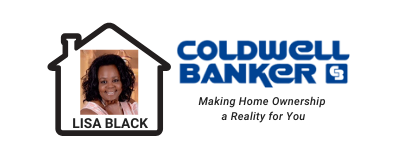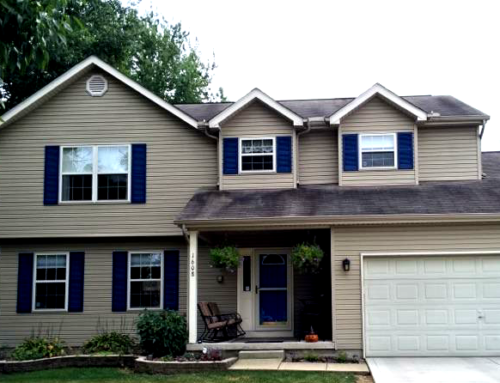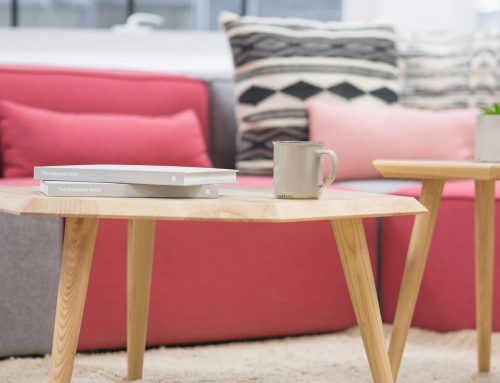The Answers You’ve Been Looking For
Don’t you wish you had a home-buying guide that you could follow if you are looking to buy a home as a young person or millennial? Over the many years of experience I’ve had in the real estate industry, I decided to put together some of the best information I’ve learned to help you in the best way possible. This is almost all of the information you need to buy the best home for your particular situation. Check it out!
Look at the Numbers
How can you know if you’re ready to buy a home unless you do the math to determine if you can afford it or not? There are many lending institutions that follow what is called the 28/36 rule. That rule means that your mortgage payment, property taxes, and insurance should not take up more than 28% of your monthly gross income. Then add in your payments for your total debt amount. That includes college loans and credit card debt, and that should not total more than 36% of your gross income. If you find yourself in a financial situation beyond these numbers then you are most likely going to be “house poor” in the future. House poor means you have a likelihood of future foreclosure. Also, lenders will look at your credit score to make sure you’re in a stable financial situation and able to handle the responsibilities of a home mortgage payment. This information is so important because you don’t want to find yourself in a situation where you will lose your home.
Keep All Your Documents Aligned
You want to make sure all of your papers, documents, and anything else you need for paperwork is organized. The more organized you are with your documents the smoother the process will go for you to get a new home. Here’s what you’ll usually need to have prepared for a home-buying process: A government issued ID, your most up-to-date credit report, W-2 forms, federal tax returns, a verification form from your employer, and bank and other asset statements.
Do You Have Enough for a Down Payment?
It’s rare to get 100% financing for buying a new home. Especially after the sub-prime mortgage crisis in 2008. Due to this fact, you want to put down as much money as you can for your down payment. The more you can put down the lower your interest rate, time to pay back the loan, and the total amount borrowed. A common range for home-buyers is to put down 3-20% of the total mortgage amount. It’s very important to put more money down because you will definitely be eligible for lower interest rates. If you can’t put that much money down, you still have options for 100% financing with programs from the Federal Housing Administration (FHA) and Department of Veterans Affairs (VA). However, this usually leads to higher interest rates, and it may mean you will need to take out Private Mortgage Insurance (PMI).
Don’t Overlook the Important Things!
Unfortunately there’s a lot of things that people forget about or choose not to think about when buying a home. Some of those things are taxes, property insurance, closing costs, and other unexpected expenses that can, and usually will, come up when buying a home. Be sure to calculate your home insurance and property tax rates in your area. Every state and local area have different rates. Usually a realtor like myself is able to provide you with that information or can direct you to the place to get that information. It may be possible to reduce some of your insurance rates by making renovations or upgrades on the home home you’re purchasing. Also, you should consider bundling your property insurance with your auto insurance. Most insurance providers offer bundling discounts. And don’t forget about the closing costs. There’s appraisal, title insurance, origination, underwriting, wire and courier fees, and other fees that may “appear.” A good realtor like me can direct you to a closing cost calculator to be able to estimate the closing costsUtilize a closing cost calculator to determine how these charges can affect you, particularly if you choose to finance them.
It’s Important to Shop Around to Find What You Want
It can be time consuming, but it’s important to compare some options for what you’re looking for in a home in your local area. If you don’t know what to look for I’d suggest talking with a realtor like me to help provide you with a few options. Zillow and Trulia are two websites you can use to search for and compare some properties you’re interested in.
Study the Neighborhood You’re Looking In
It’s important to be skeptical of a property at first glance. A home is a very large investment and you want to make sure you make the right decision by knowing all about what’s going on in the neighborhood around the home. A bad neighborhood will hinder you and your home in so many ways, and a good neighborhood will make you home even better. You also need to think about selling your home when you buy it. Will it be easy to do at some point in the future if you do decide to sell it? It’s much better to buy a fixer-upper home in a great neighborhood than a good home in a bad neighborhood.
Choose a Great Property Inspector
You need an appraiser to appraise your property and you definitely need a property inspector. You want to make sure you know all the good and the bad about a home you may purchase. A professional contractor is experienced in telling you about the status of the quality and safety of your potential home. You definitely don’t want to enter into a mortgage without knowing the true condition of a new home. A good inspector will be able to tell you all you everything you need to know about your property. The U.S. Department of Housing and Urban Development has put together a list of 10 important questions to ask your home inspector. You can click here to view those 10 important questions.
Know Your Financial Situation
It’s important to know your credit score so be sure to get a credit score report to know what kind of property you can even qualify for. With a higher credit score you’ll be able to get lower mortgage interest rates. I would also recommend talking with a financial advisor to help you assess if you’re in a good financial spot to purchase a home. And if you’re not in a good financial spot how you may get to the point where you’re ready to purchase a home.
Get Connected With Me
There you have it.
This is your home-buying guide for young people and millennials.
I love helping people just like you buy or sell the best property for your situation.
Click here to get connected with me and have a conversation.



